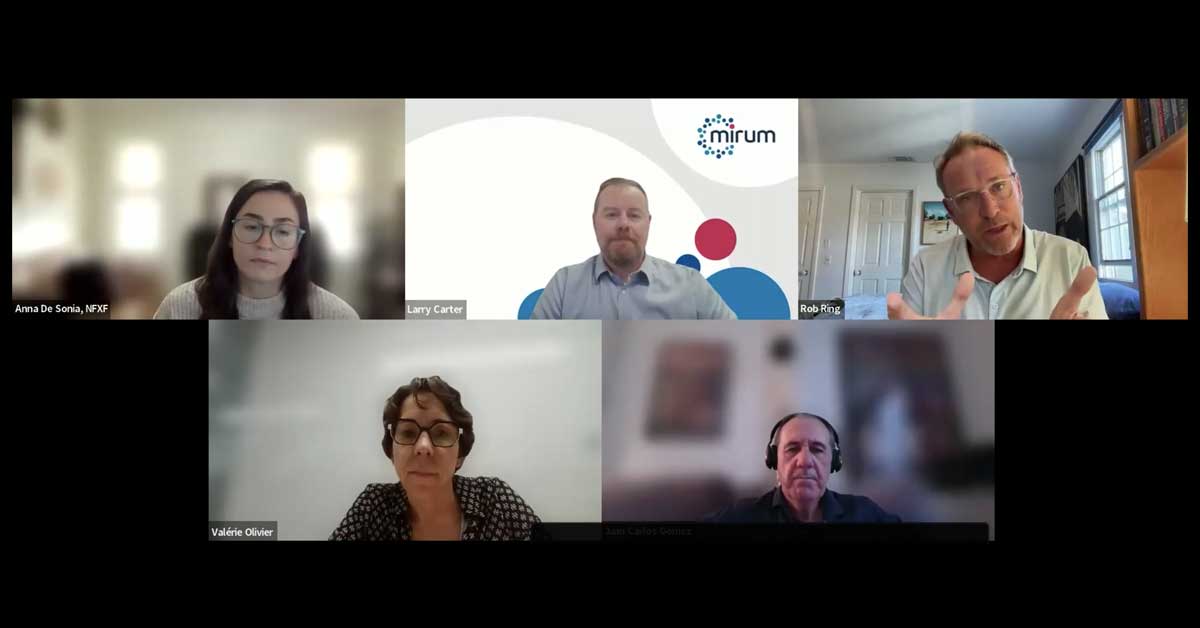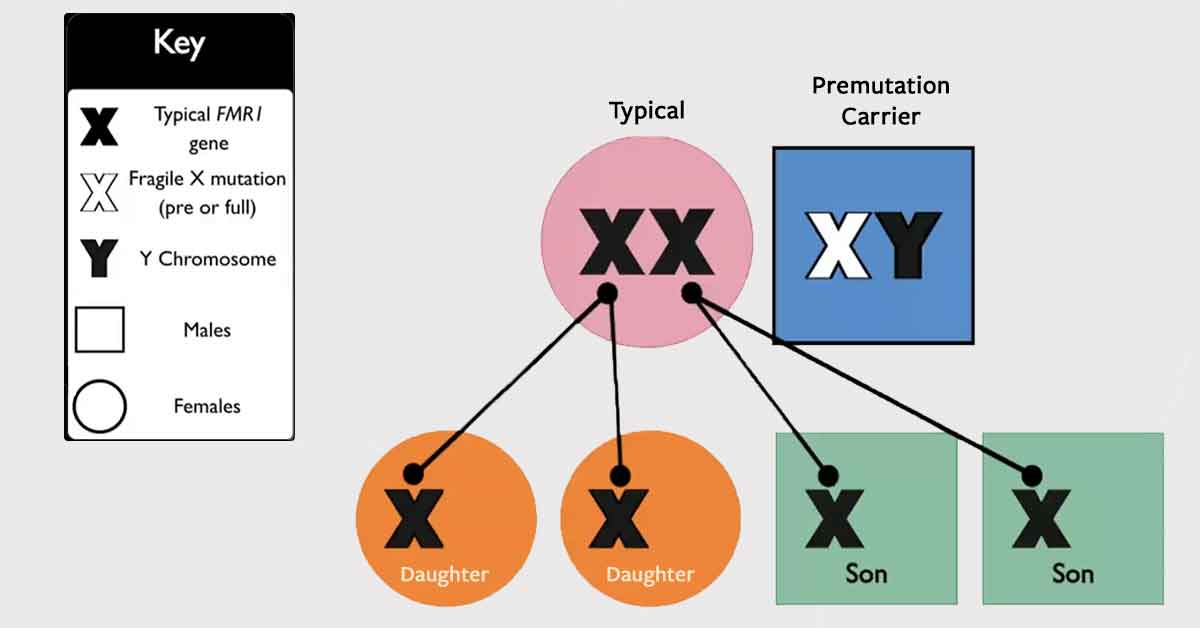Additional Resources
When discussing Fragile X syndrome and behavior, it is important to note that — like every person — the focus should be on the individual. Many behaviors are positive, and it is those behaviors you will see most often in addition to challenging behaviors. Behavior problems serve a purpose (or a function) and are often a form of communication. Addressing behavioral challenges in an individual with FXS should start with a comprehensive evaluation. A proactive approach with appropriate support and accommodations will likely foster positive outcomes and set up the individual with FXS to succeed in their home, school, or community.
About the Speaker
Lauren Schmitt, PhD
Cincinnati Children’s Hospital Medical Center
Assistant Professor
Dr. Lauren Schmitt is a licensed clinical psychologist with extensive training in cognitive functioning in individuals with neurodevelopmental disorders. Since joining the Fragile X Research and Treatment Center at Cincinnati Children’s Hospital Medical Center over four years ago, she has had critical involvement in the current and past federally-funded U54 FXS Center, focused on identifying clinical correlates of neurophysiological biomarkers and characterizing potential subgroups of drug responders. In addition, her K23 Patient-Oriented Mentored Career Development Award focuses on identifying translational biomarkers of higher-level functioning, including speech production and cognitive flexibility, that can be used across mice and men.




